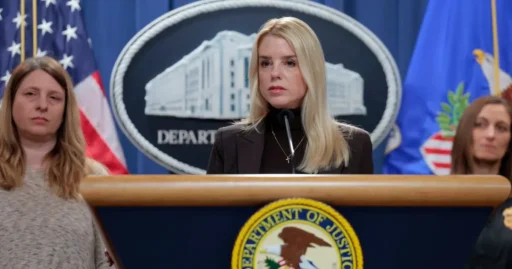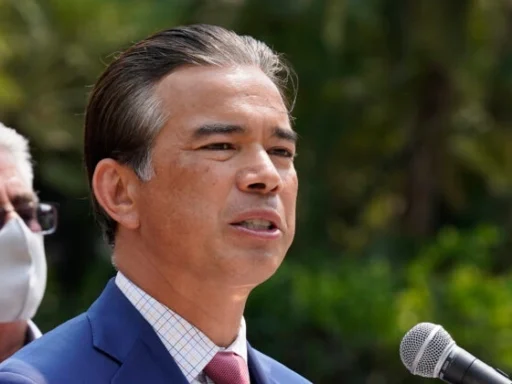Justice Department fires multiple immigration judges: The recent decision by the Justice Department to terminate multiple immigration judges has sparked significant concern regarding its impact on the already overwhelmed immigration court system. This move, aimed at reducing the federal workforce, may inadvertently exacerbate the existing backlog of cases, raising questions about the administration’s approach to immigration enforcement and judicial efficiency.
Overview of the Firings
In a recent development, the Justice Department dismissed 20 immigration judges, including five assistant chief immigration judges and 13 judges who had not yet been sworn in. This action is part of a broader effort to downsize the federal government and aligns with the administration’s objectives of mass deportations and workforce reduction. The sudden removal of these judges has raised concerns about the administration’s commitment to addressing the immigration court backlog, which currently stands at over 3.7 million cases.
Impact on Immigration Court Backlog
The immigration court system is currently facing an unprecedented backlog, with over 3.7 million pending cases. The dismissal of 20 judges is expected to exacerbate this situation, leading to longer wait times and delayed proceedings for individuals awaiting decisions on their immigration status. The reduction in judicial personnel directly contradicts the administration’s stated goal of expediting deportations and resolving cases more efficiently.
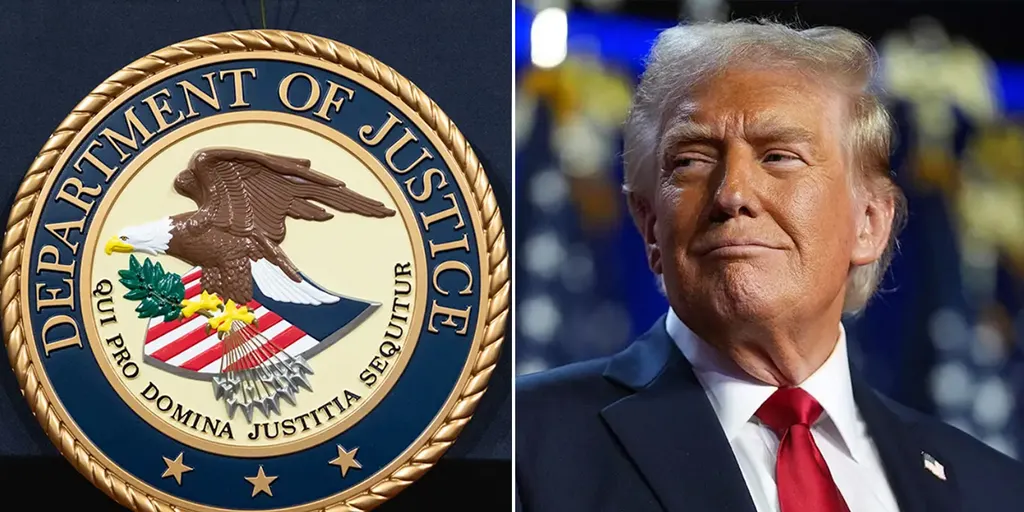
Justice Department fires multiple immigration judges
Legal Community’s Response
The legal community has expressed significant concern over the recent firings. Union officials have criticized the move, suggesting it is part of a broader campaign targeting federal employees and undermining the independence of immigration judges. The National Association of Immigration Judges (NAIJ) has previously accused the Justice Department of undermining judicial independence by interfering with case assignments and reassignments, actions that could be seen as attempts to influence case outcomes.
Historical Context
This is not the first instance of the Justice Department taking controversial actions concerning immigration judges. In previous years, the department imposed production quotas on judges, requiring them to complete a certain number of cases annually to receive a satisfactory performance rating. Such measures were criticized for potentially compromising the quality and fairness of judicial decisions in favor of expediency.
Broader Implications
The recent firings reflect a broader trend of politicization within the immigration judiciary. Actions such as the imposition of case quotas and the reassignment of cases have raised concerns about the erosion of judicial independence and the potential for biased decision-making influenced by political agendas. These developments may undermine public trust in the fairness and impartiality of the immigration court system.
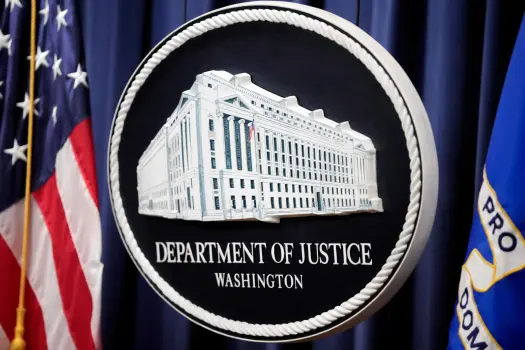
Frequently Asked Questions (FAQs)
1. Why did the Justice Department fire multiple immigration judges?
The Justice Department dismissed 20 immigration judges as part of a broader workforce reduction strategy. However, this decision has raised concerns regarding the impact on the already overwhelmed immigration court system.
2. How does the firing of these judges affect immigration case backlogs?
The dismissals reduce the number of judges available to handle cases, which is likely to increase the already massive backlog of over 3.7 million pending immigration cases. This could lead to significantly longer wait times for hearings and case resolutions.
3. What has been the reaction of immigration advocates and legal experts?
Immigration advocates and legal experts have strongly criticized the move, arguing that it undermines the efficiency of the immigration court system and threatens judicial independence.
4. Has the Justice Department previously taken actions that affect immigration judges?
Yes, in previous years, the Justice Department imposed strict case quotas on judges and reassigned cases, which critics argue compromised judicial fairness in favor of expedited deportations.
5. What does this mean for immigrants awaiting court decisions?
For many immigrants, these firings mean longer delays in their legal proceedings, increased uncertainty, and a higher risk of being stuck in legal limbo for years.
6. Could this decision be reversed?
While the administration has the authority to hire new judges, reversing the immediate impact of these firings is unlikely in the short term. Policy changes and additional judicial appointments would be required to mitigate the consequences.
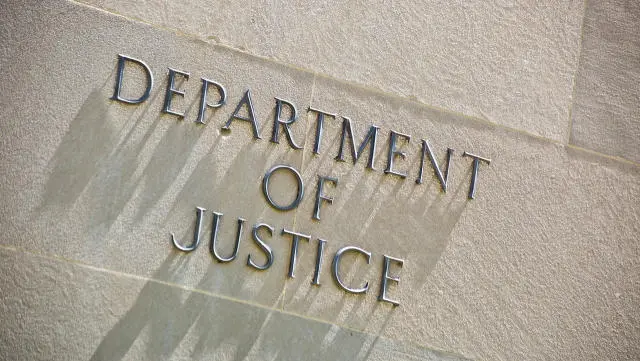
Conclusion
The Justice Department’s decision to dismiss multiple immigration judges amid an escalating case backlog raises critical questions about the administration’s commitment to an efficient and fair immigration system. The potential exacerbation of case delays, coupled with concerns over judicial independence, highlights the need for a reassessment of policies governing immigration courts to ensure they serve justice effectively and impartially.
Source: NBC News
